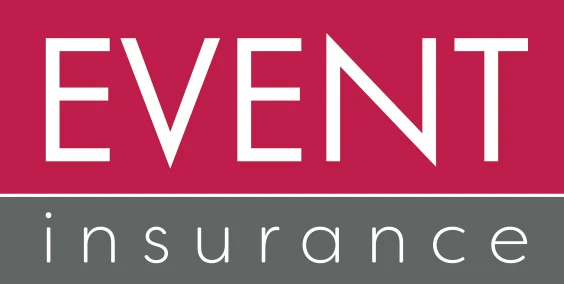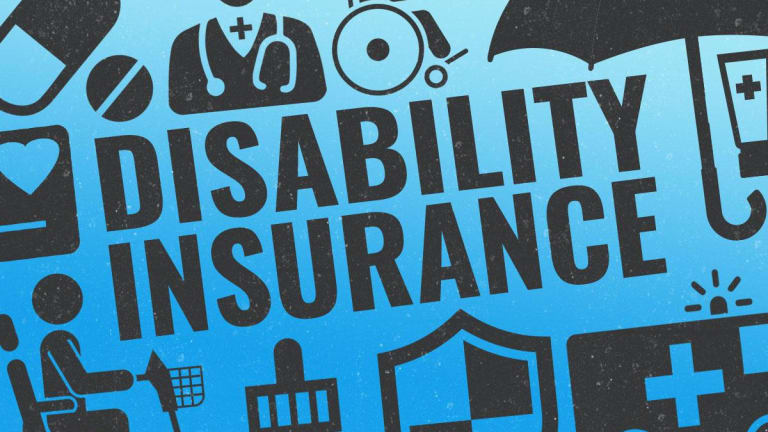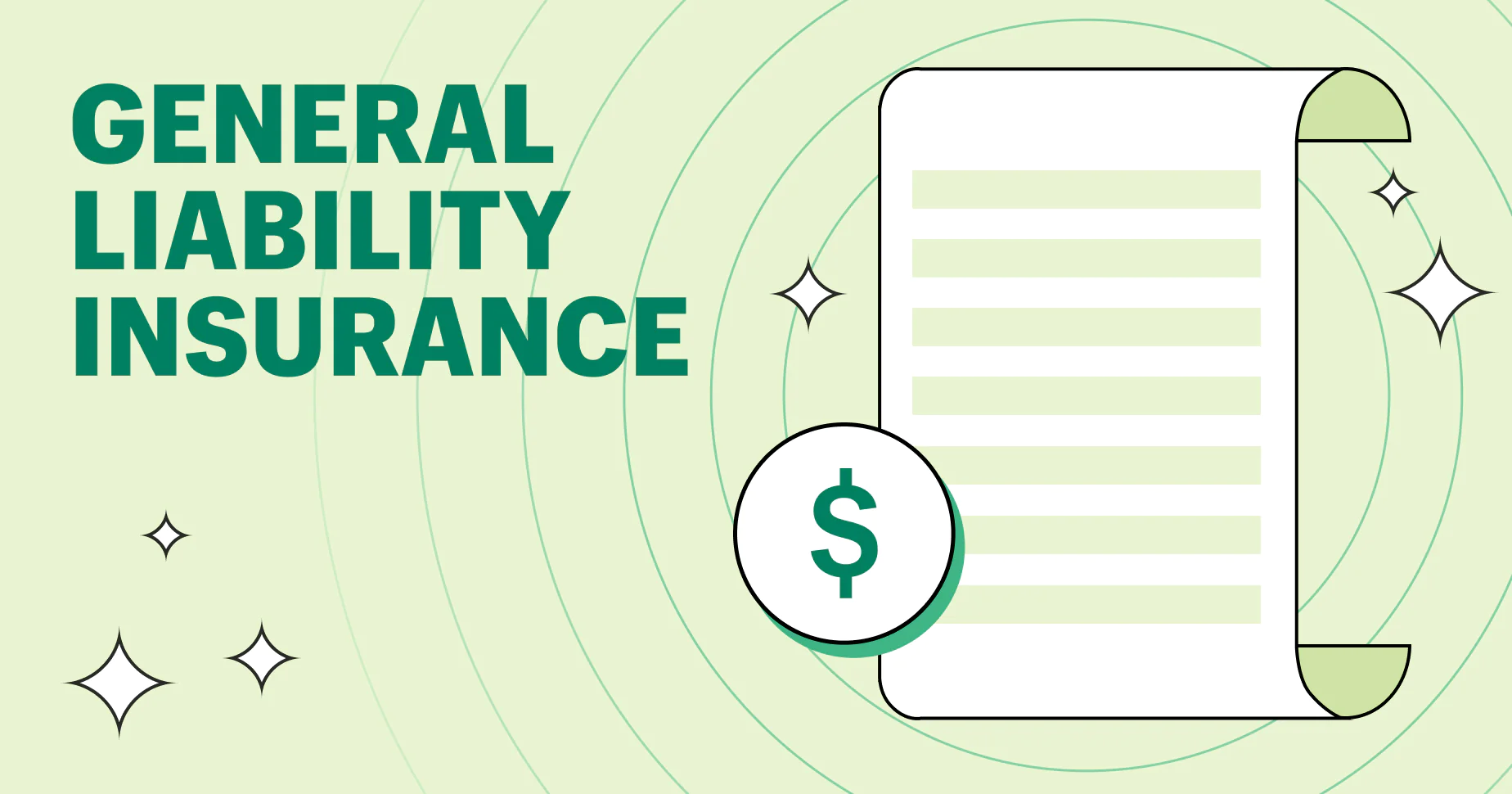Insurance
Understanding Home Insurance Policy Quotes
Getting accurate quotes for a home insurance policy is an important part of finding the right coverage at the best price. In this comprehensive guide, we’ll explore everything you need to know about home insurance quotes including how the process works, factors that impact pricing, coverage options, and more. By the end, you’ll have a thorough understanding of what information goes into a home insurance quote and how to utilize quotes effectively during your home insurance shopping.
What is a Home Insurance Quote?
At its simplest, a home insurance quote provides an estimated premium cost for a homeowners, renters, condo, or other dwelling insurance policy. Insurance companies use the details you provide about yourself, your home/living situation, and any other relevant factors to analyze your perceived level of risk and calculate a projected premium amount.
It’s important to note that a quote isn’t a binding rate—it’s just a projection to give you an idea of potential pricing. The final premium isn’t set until your application goes through the full underwriting process if you decide to purchase a policy.
Along with the estimated annual or monthly premium cost, a thorough home insurance quote will also outline the specific types of coverage included, applicable limits for things like liability or personal property coverage, and any discounts you appear eligible to receive based on the provided information. Some policies may even show different payment plan options.
A home insurance quote allows for “apples-to-apples” comparisons of pricing, coverage details, and options across different insurers. This helps inform your decision about the best fit and value for your home protection needs.
Where to Get Home Insurance Quotes
The most common sources for obtaining home insurance quotes include:
- Insurance Agents – Visit or contact a local agent in person, by phone, or online. Agents represent multiple insurers and can easily generate quotes.
- Insurance Companies – Get direct quotes by contacting major insurers online or via dedicated sales numbers. Larger companies often have local offices too.
- Insurance Brokers – Independent brokers shop rates simultaneously from many insurers to provide aggregate quotes.
For the most accurate understanding of available rates and options in your area, it’s recommended getting quotes from agents, direct companies, and brokers if possible. Just be sure any business you provide information to is properly licensed in your state. Shopping multiple sources helps you find the best value.
Information Needed for a Home Insurance Quote
For insurers to assess risk levels accurately and generate an applicable quote, they’ll need details about:
- Your name, date of birth, marital status, contact info
- Location and occupancy details of the home
- Construction features like year built, roof, foundation, etc.
- Loss history and claims filed in the last 5 years
- Any modifications like additions, renovations, or upgrades
- Security features like alarms, sprinklers, deadbolts
- Personal property listings or home inventories
- History and presence of losses or claims
- Replacement cost estimating details if available
Supplying information truthfully and completely is important for insurers to underwrite and quote appropriately. Omissions could impact the quote or cause disputes later on.
Factors Impacting Home Insurance Rates
When underwriting home insurance policies, insurers analyze various characteristics that influence risk levels and rates. While rating structures differ slightly by company, common elements evaluated include:
- Location/region – Urban or rural impacts rates due to risk variability
- Dwelling age/construction – Older homes cost more to insure
- Protection class/rating – Score 1-10 rating fire protection in the area
- Claim history – Filing claims increases future premiums
- Security features – Alarms, sprinklers qualify for discounts
- Loss control measures – Functioning detectors save on rates
- Policy limits – Higher limits mean greater risk/liability exposure
- Deductible levels – Higher deductibles lower premium costs
- Additional policies – Multi-policy, safe driver discounts stack savings
- Coverage selections – Bare minimum or plus extensive options impact rates
Understanding rating factors allows focusing on controllable elements to reduce premium costs where possible.
Common Home Insurance Policy Types
The type of policy needed depends on living situation and property ownership. Common home insurance options include:
- Homeowners insurance – Owning and residing in a single-family dwelling
- Condo insurance – Owning and residing in a condo or co-op unit
- Renters insurance – Renting/leasing living space from a landlord
- Seasonal home insurance – Secondary residence like a vacation home
- Landlord insurance – Owning non-primary residences rented to others
- Mobile/manufactured home insurance – Permanently situated mobile homes
Comprehensive quotes allow comparing coverage details, limits, additional options and ultimately prices across appropriate policy types.
Standard Home Insurance Coverage Components
Most home insurance policies include some combination of the following core coverage types:
- Dwelling coverage – Rebuilds or repairs the actual home structure
- Other structures coverage – Structures separate from the home like garages
- Personal property coverage – Replacement value for contents/belongings
- Loss of use coverage – Additional living expenses if uninhabitable
- Personal liability coverage – Bodily injury or property damage claims
- Medical payments to others coverage – Medical bills for injuries on premises
Optional additional coverage upgrades commonly available include water/sewer backup, identity theft protection, higher liability limits, and more. Understanding included and optional coverages empowers selecting the best fit.
Available Home Insurance Discounts
Bundled or standalone home policies may offer discounts for qualifying characteristics that help lower overall premium costs. Common home insurance discounts applicable at both the quote stage and once coverage starts include:
- Multi-policy discount – Also insuring auto, boat, etc. with the same company
- Home security system discount – Monitored alarm or camera systems
- Home renovation discount – Improvements like new electrical wiring or roof
- New home discount – Discounts may apply for new home construction
- Newly married discount – For married couples insuring together
- Claims-free discount – Maintaining a history with no claims filed
- Loyalty discount – Staying with the same insurer for multiple years
- Green home discount – Selecting eco-friendly protections like solar
Applying for all available discounts maximizes potential savings on premium costs over the lifetime of the policy.
Understanding the Claims Process
While no one hopes to ever need it, understanding the basic claims process gives peace of mind in the event of a covered loss:
- Contact the insurance company as soon as possible after a loss occurs
- Provide complete details about the incident circumstances and damages
- Have documentation like receipts, estimates, and serial numbers accessible
- Work with a claims adjuster who will assess damages and approve repairs
- Most claims are resolved within 30 days through direct payment methods
- Partial or full loss scenarios have varying settlement timelines and options
- Consult your agent/company with any claims-handling questions or issues
Efficient claims resolution means less headaches at difficult times. Knowing procedures prepares policyholders for worst-case scenarios.
Home Insurance Policy Servicing Overview
After taking out a policy, here’s an overview of common servicing needs and options:
- Make premium payments – Bills can usually be paid online, by phone or mail
- Request policy documents – ID cards, declarations pages accessible on profile
- Update contact/residence info – Notify when residence, phone or email changes
- Check policy details – Log in regularly to confirm coverages and premium status
- Add or remove coverage options – Contact agent/company to modify selections
- Request endorsements – Change vehicles, address, insured items through filings
- Get proof of insurance documents – May be needed periodically for loans, etc.
- Contact a local agent anytime with servicing or claims questions
Staying actively informed ensures continuous home protection as needs change over time.
Frequently Asked Questions
Now that you have the full perspective on home insurance quotes, here are answers to some commonly asked questions:
Q: How long are quotes valid for before needing to be re-quoted?
A: Home insurance quotes are usually valid for 30-90 days, but rates aren’t guaranteed – they provide estimated costs pre-underwriting.
Q: What information goes into replacing a lost home insurance policy?
A: You’ll need core policy details like names, policy/ID numbers, effective dates, coverages/limits, and usually a lost policy declaration page if available.
Q: How do I obtain the best discounts on my home insurance?
A: Apply for all available discounts like multi-policy, new home, and security systems, and make sure to maintain a clean record with no claims filed for the claims-free discount eligibility.
With this comprehensive guide, you have everything needed to gain a thorough understanding of the home insurance quoting and policy ownership process. Let me know if any other questions come up!







